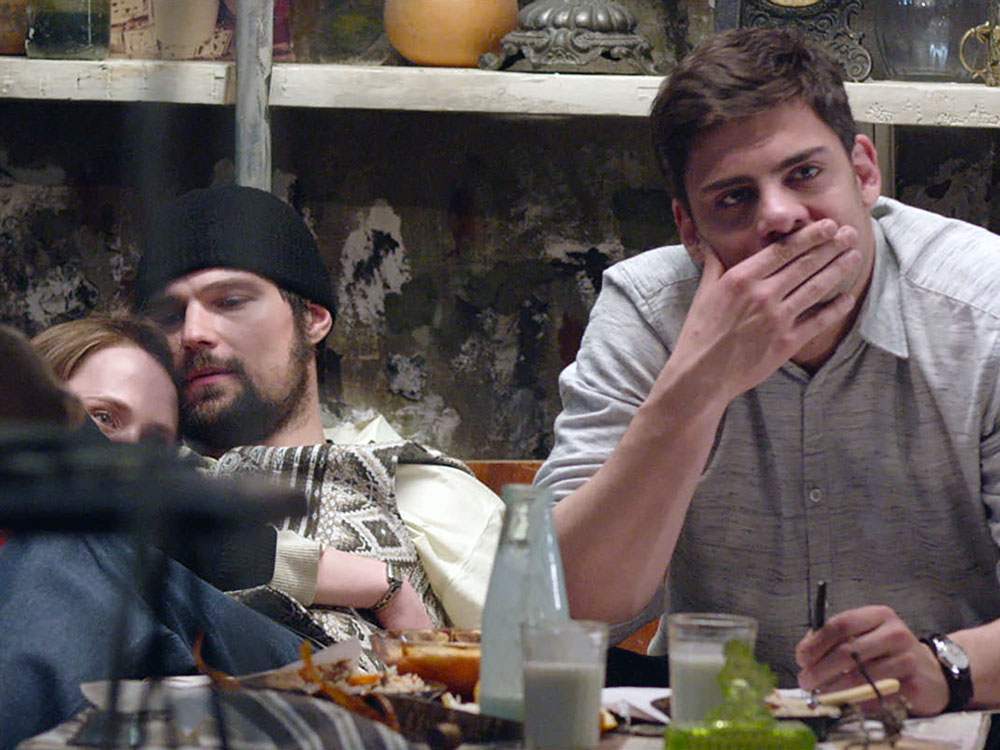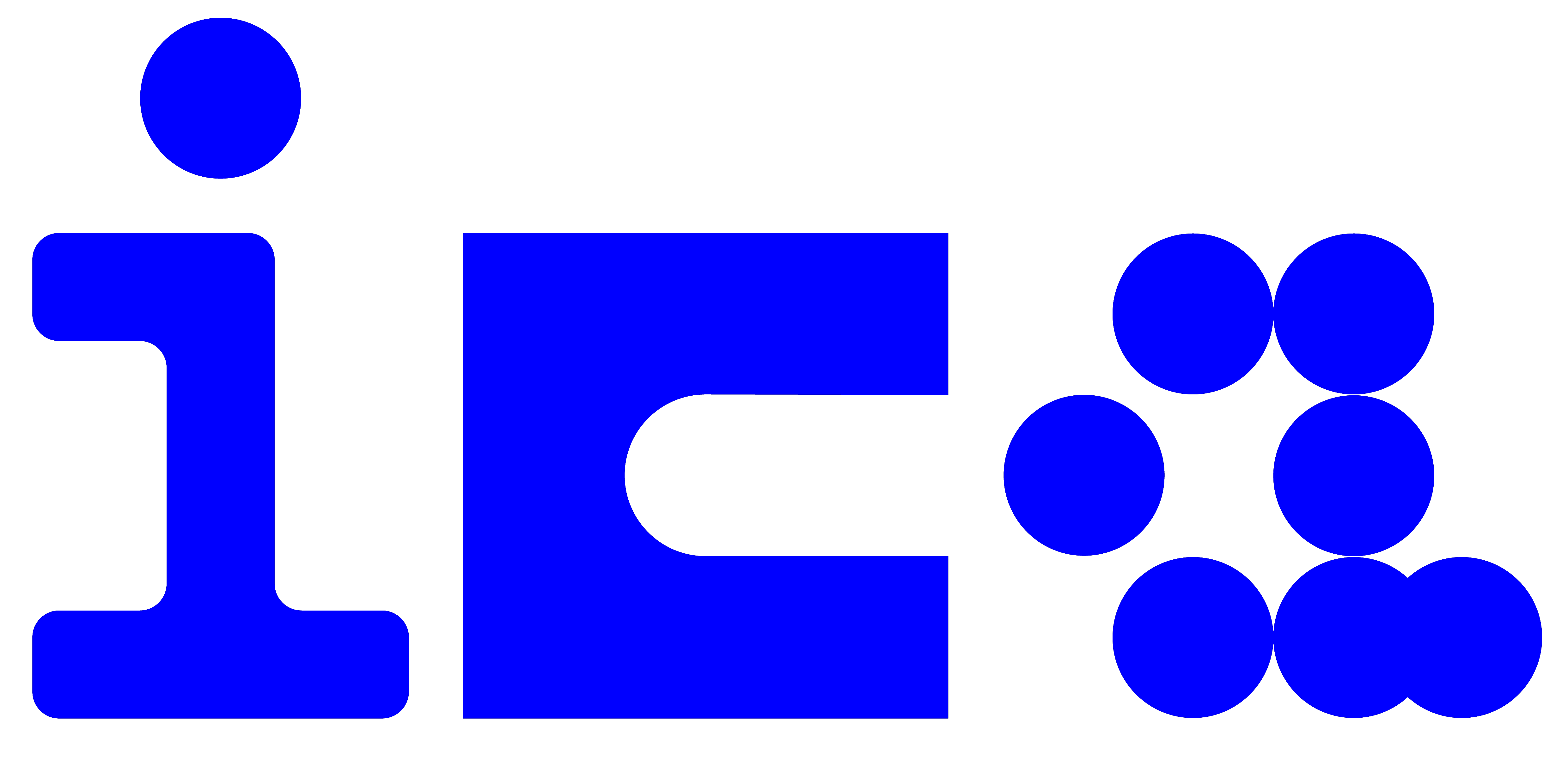Mi aporte (My Contribution), dir. Sara Gómez, Cuba 1972
The second programme in the No Master Territories series examines the conditions of feminism under socialism.
Terrible Vavila and Auntie Arina, dirs. Nikola Khodataev & Olga Khodatayeva, USSR 1928, 8 min., 35mm (digital transfer), Russian with English subtitles
This short film, hand-drawn by sisters Valentina and Zinaida Brumberg and directed by the Khodatayev siblings, commemorates March 8, International Women’s Day. Inanimate household objects come alive and begin to dance, announcing women’s temporary freedom from the domestic sphere. Terrible Vavila, whose face resembles a dog’s, is of a different opinion than they: he is angry with the women and concerned about who will cook his cabbage soup. In this animation, the emancipation of rural women is posited as integral to the building of a new socialist society.
24 Godziny Jadwigi L. (The 24 Hours of Jadwiga L.), dir. Krystyna Gryczełowska, Poland 1967, 15 min., 35mm, Polish with English subtitles
Produced at Wytwórnia Filmów Dokumentalnych (Warsaw Documentary Film Studio, WFD), 24 Godziny Jadwigi L. captures the toil of a woman’s double day. The titular protagonist is a mother who works nights at a factory producing wire. When she arrives home in the morning, what awaits her is not sleep but a second shift of childcare and housework. Returning repeatedly to shots of clocks, legs, and precisely executed gestures, Krystyna Gryczełowska viscerally communicates the strain and exhaustion of Jadwiga’s routine, revealing the limitations of the Communist state’s promise of gender equality.
Mi aporte (My Contribution), dir. Sara Gómez, Cuba 1972, 33 min., 35mm (digital transfer), Spanish with English subtitles
Sara Gómez began working at the Instituto Cubano del Arte e Industria Cinematográficos (ICAIC) in 1961, two years after its founding, and went on to direct twenty films there before her death in 1974 at age thirty-one. Begun in 1969, Mi aporte was commissioned by the Federación de Mujeres Cubanas, the organization responsible for advancing the rights of women after the revolution, yet the film was censored upon completion. With keen attention to the experiences of Afro-Cuban women, Gómez parses how gender, race and class together shape post-revolutionary society. Using interviews and discussions (including a debate occurring after a screening of a partial version of Mi aporte) she throws into relief the tension between the promises of the Cuban Revolution and the reality of women’s lives.
No Master Territories: Feminist Worldmaking and the Moving Image is dedicated to works of nonfiction that invent new languages for the representation of gendered experience. Concentrating on the period of the 1970s to 1990s, a time when women’s liberation movements took hold internationally, it responds to the contemporary imperative to recover the breadth of women’s contributions to film history in a global context.
The screening will be introduced by Erika Balsom.
Programme
Terrible Vavila and Auntie Arina, dirs. Nikola Khodataev & Olga Khodatayeva, USSR 1928, 8 min., 35mm (digital transfer), Russian with English subtitles
This short film, hand-drawn by sisters Valentina and Zinaida Brumberg and directed by the Khodatayev siblings, commemorates March 8, International Women’s Day. Inanimate household objects come alive and begin to dance, announcing women’s temporary freedom from the domestic sphere. Terrible Vavila, whose face resembles a dog’s, is of a different opinion than they: he is angry with the women and concerned about who will cook his cabbage soup. In this animation, the emancipation of rural women is posited as integral to the building of a new socialist society.
24 Godziny Jadwigi L. (The 24 Hours of Jadwiga L.), dir. Krystyna Gryczełowska, Poland 1967, 15 min., 35mm, Polish with English subtitles
Produced at Wytwórnia Filmów Dokumentalnych (Warsaw Documentary Film Studio, WFD), 24 Godziny Jadwigi L. captures the toil of a woman’s double day. The titular protagonist is a mother who works nights at a factory producing wire. When she arrives home in the morning, what awaits her is not sleep but a second shift of childcare and housework. Returning repeatedly to shots of clocks, legs, and precisely executed gestures, Krystyna Gryczełowska viscerally communicates the strain and exhaustion of Jadwiga’s routine, revealing the limitations of the Communist state’s promise of gender equality.
Mi aporte (My Contribution), dir. Sara Gómez, Cuba 1972, 33 min., 35mm (digital transfer), Spanish with English subtitles
Sara Gómez began working at the Instituto Cubano del Arte e Industria Cinematográficos (ICAIC) in 1961, two years after its founding, and went on to direct twenty films there before her death in 1974 at age thirty-one. Begun in 1969, Mi aporte was commissioned by the Federación de Mujeres Cubanas, the organization responsible for advancing the rights of women after the revolution, yet the film was censored upon completion. With keen attention to the experiences of Afro-Cuban women, Gómez parses how gender, race and class together shape post-revolutionary society. Using interviews and discussions (including a debate occurring after a screening of a partial version of Mi aporte) she throws into relief the tension between the promises of the Cuban Revolution and the reality of women’s lives.
Curated by Erika Balsom and Hila Peleg, No Master Territories originated as a gallery exhibition and film programme of over 100 works by 89 individuals and collectives, on view at the Haus der Kulturen der Welt, Berlin, in summer 2022.
Ticket information
- All tickets that do not require ID (full price, disabled, income support) can be printed at home or stored in email
- For aged-based concession tickets (under 25, student) please bring relevant ID to collect at the front desk before the event.
Members+ and all Patrons gain free entry to all cinema screenings, exhibitions, talks, and more.
Join today as a Member+ for £25/month.











no. 236848.